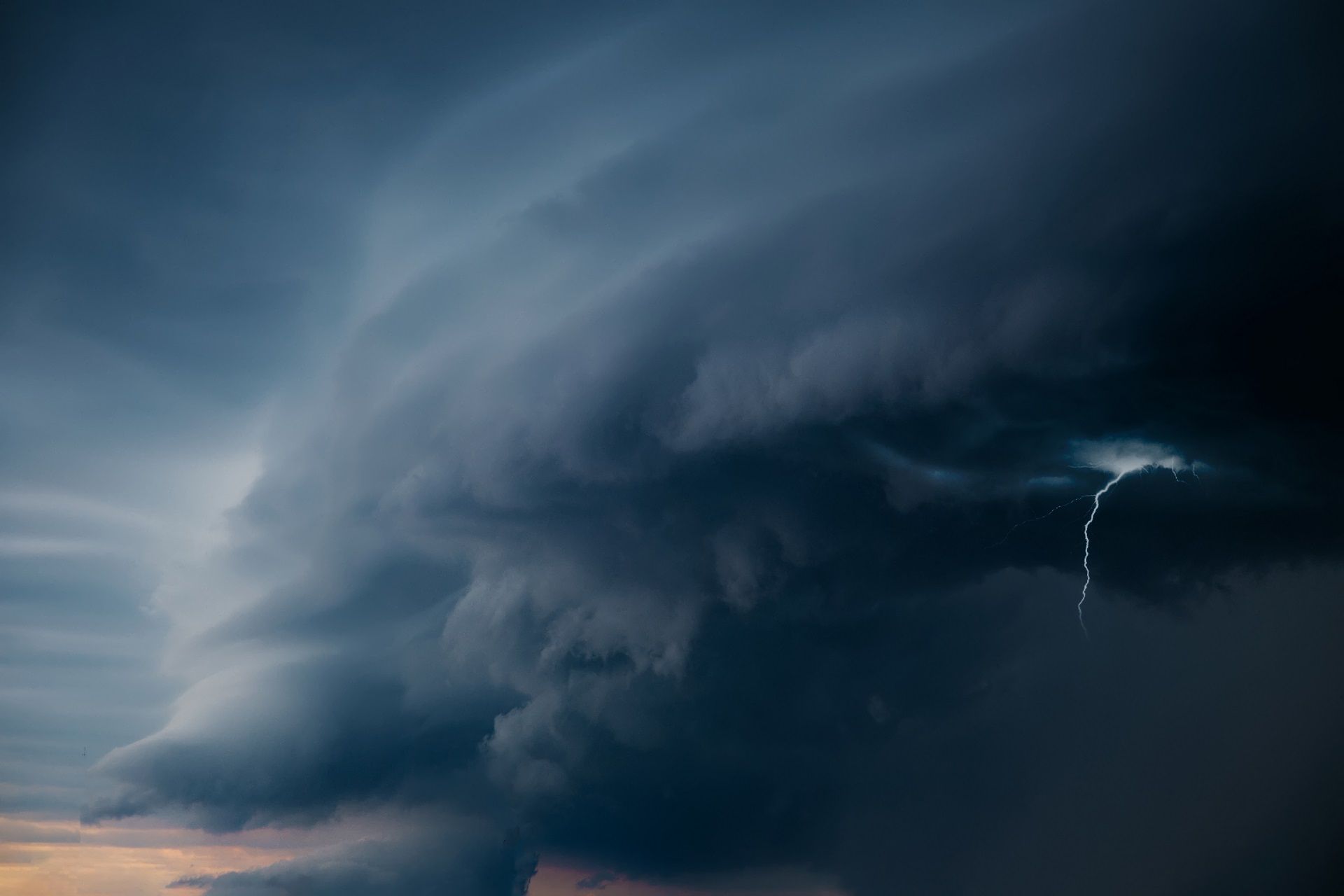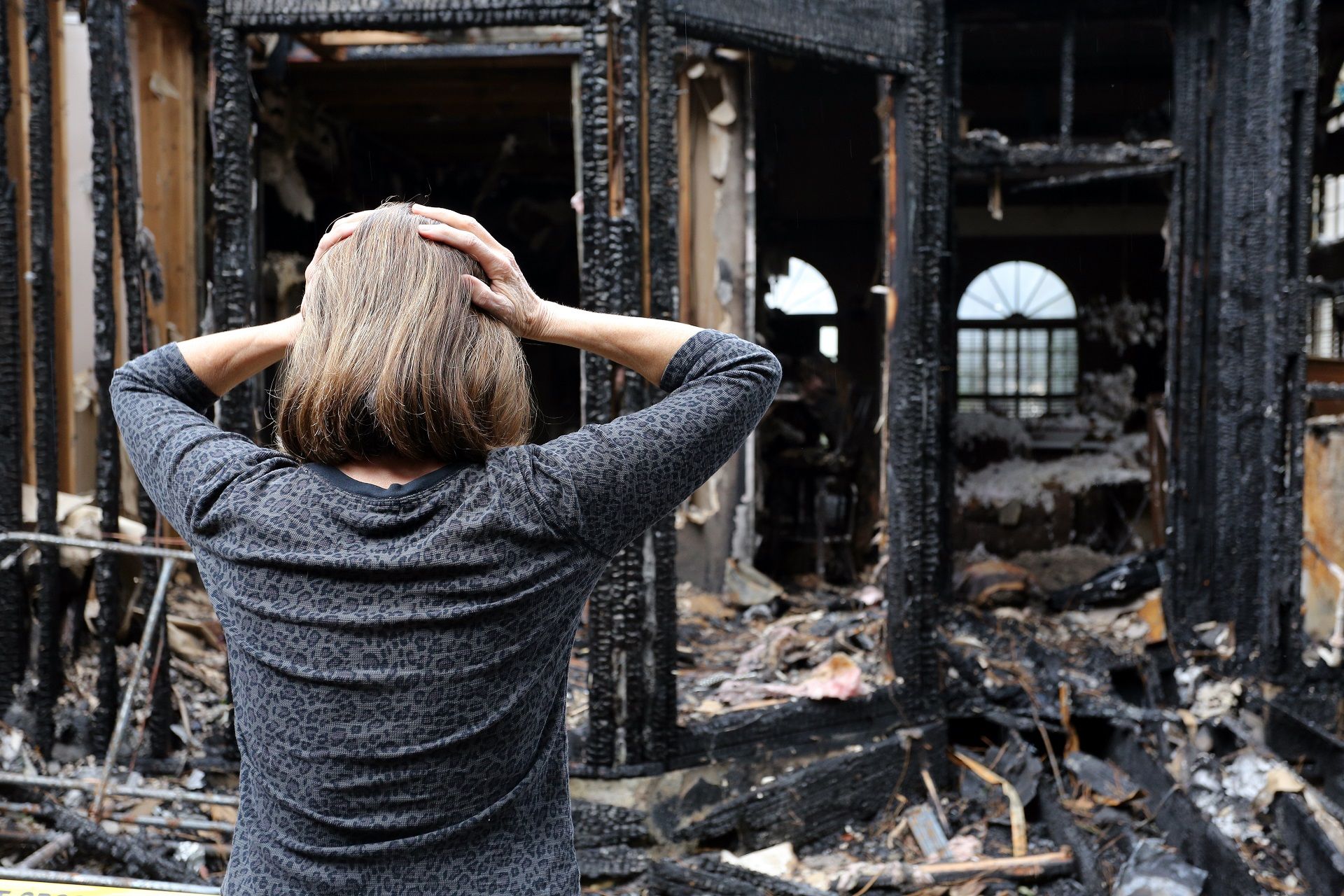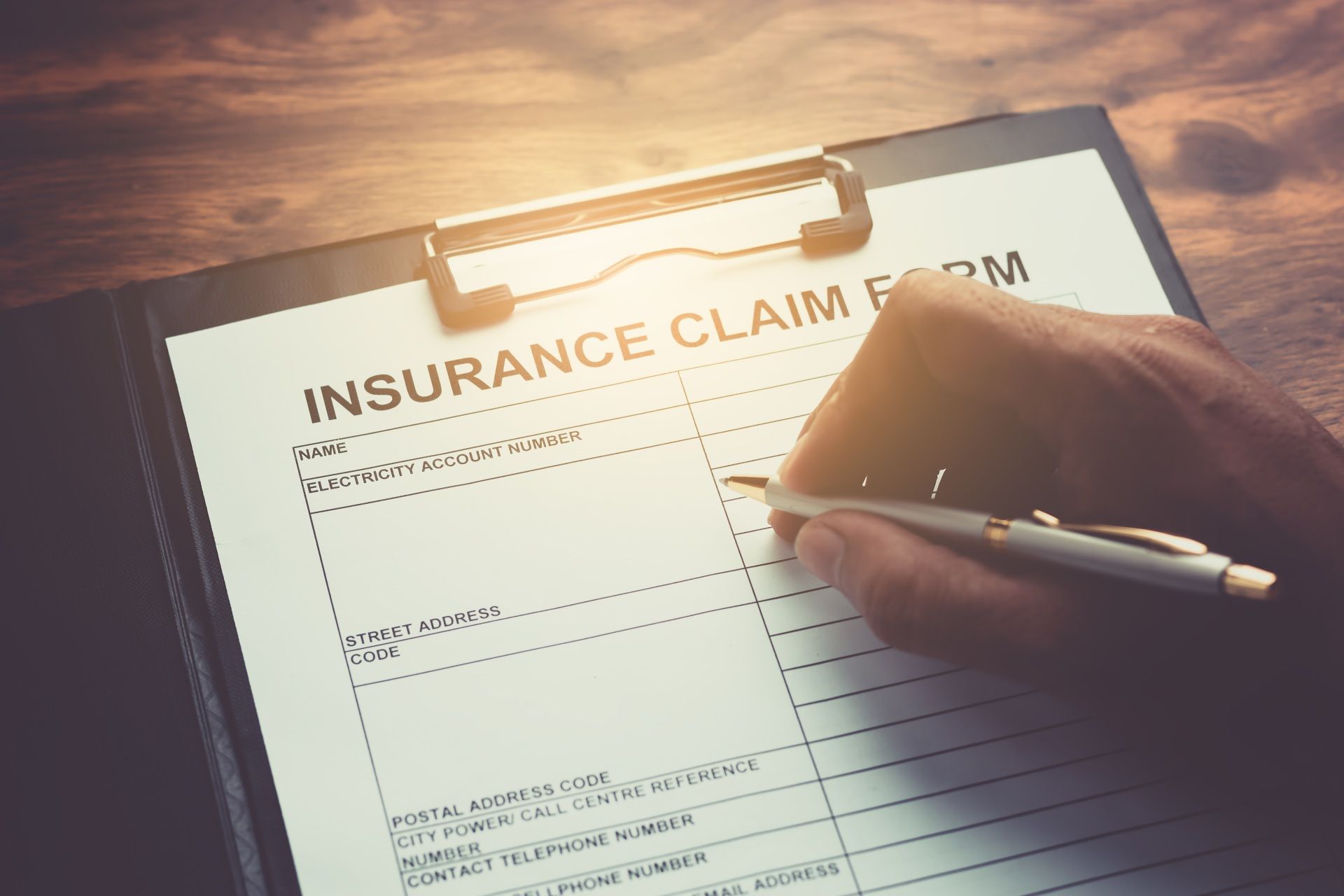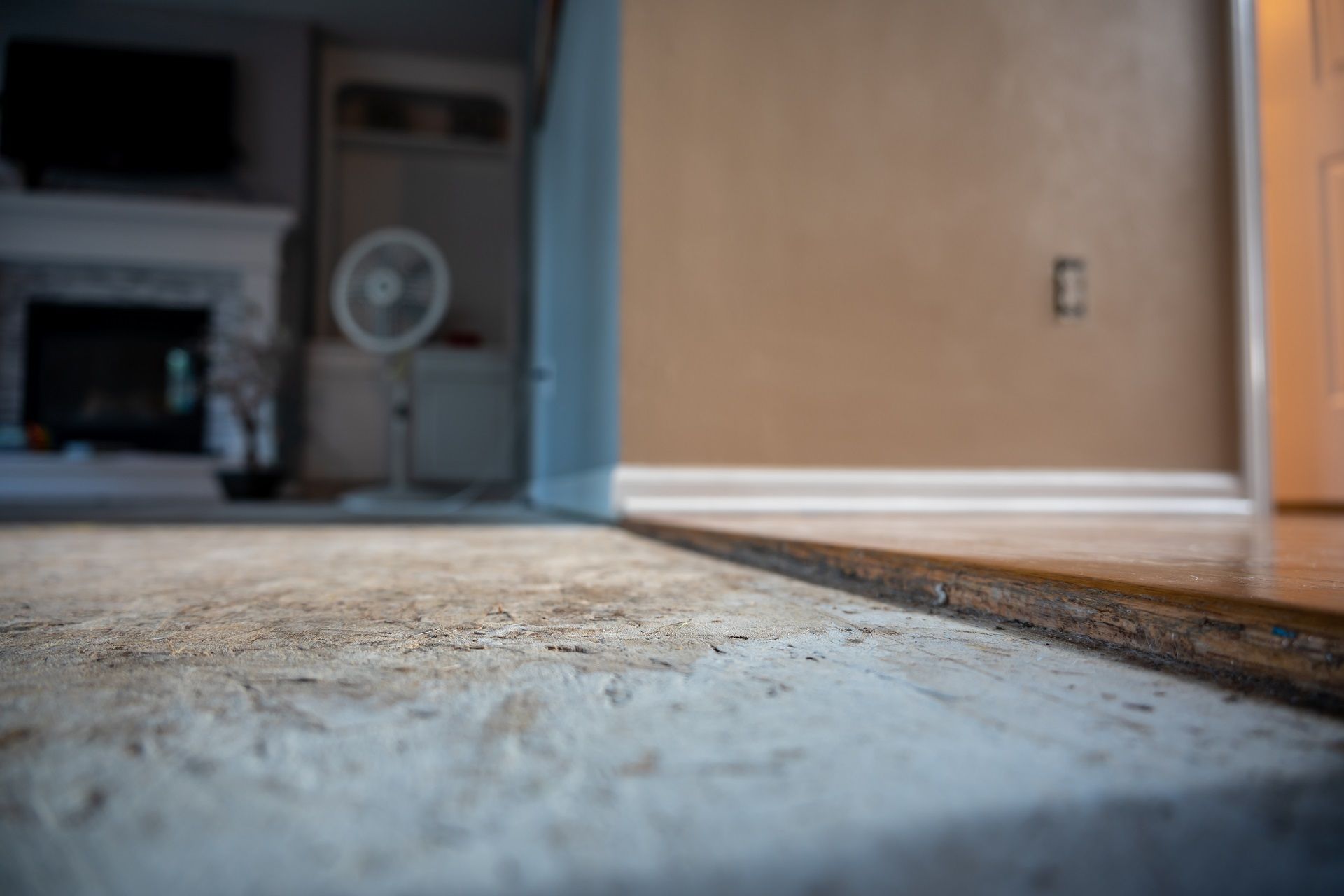4 Reasons Your Condo Insurance Claim May Be Denied

Homeowners’ insurance policies and condominium owner’s insurance policies appear to be similar in structure, yet they differ in a big way. It is because of the basic difference between a home and a condo. A condominium or a condo is a building structure that is divided into several units. Each unit is separately owned, but common areas surround it. These common areas are jointly owned. In contrast, a home does not have any common areas. The boundaries are clearly demarcated to highlight the limit of each property. Due to this fundamental difference, the insurance policies also differ. Assuming both to be one and the same is just one of the several reasons why your condo insurance claim may be denied.
Today, our area of interest is gaining deeper insight into the four top reasons behind the denial of condo insurance claims. Armed with this knowledge, every condo owner will be better equipped to present their case.
4 Reasons Your Condo Insurance Claim May Be Denied
Most of us operate under the assumption that we understand our condo owner’s insurance policy, but do we really? Herein is the root of all claims denied. Lets us briefly look at the issues:
1. The Policy does Not cover the Property Damage – Usually, there is a generic Condo Insurance Policy to which you buy some add-ons. These add-ons or endorsements make for a comprehensive policy that protects you well. If you forget the add-ons, you might just be left high and dry. For example, your condo insurance policy may not cover flood damage. If you don’t purchase that extra protection and there is flooding in your condo, there is no way you can claim damages. Even if you do file a claim, it will be denied because your insurance policy has no provision for the same. Therefore, whenever you invest in a condominium insurance policy, make sure that you cover all your bases.
2. The Damage Actually Falls Under The Condo Association Insurance Policy Coverage – As we explained above, a condominium will have some areas that are your personal property and others that are public property. Therefore, two separate policy covers apply. The damage you are filing a claim against may be a part of the Condo Association Insurance Policy, which is covered by either the same insurance company from whom you have purchased the Condo Insurance or a different insurance company altogether. So if you file for such a claim under your personal Condo Insurance plan, it is bound to be denied.
3. Missing Premium Payments – An insurance policy is a legal contract between the insurance company (Insurer) and the insured. According to the terms of the contract, you have to pay a fixed premium at regular intervals for the coverage to remain in effect. If you miss a timely payment of one or more premiums, the contract becomes null and void. In such a case, if your property suffers any damage and you file a claim against it, the insurance company has every right to deny it. It is why you should always ensure that all your premiums are paid on time and in full.
4. The Insurance Company Suspects Fraudulent Play – There is an investigation for every claim to make sure that it is a genuine loss. The insurer will leave no stone unturned to validate its legality. If by any chance, the insurance company suspects foul play on the part of the insured and also finds evidence to support it, they have every right to reject the claim. Similarly, if the loss was caused by your negligence or by your own hands, in that event, the claim will not be approved by the insurance company.
How To Ensure Your Condo Insurance Claim Does Not Get Denied
Now that you know the probable reasons behind the rejection of your Condo Insurance claim , it’s time to figure out the way to maximize the chances of getting a successful settlement. Here are a few things that every condo owner must do:
1. First and foremost, understand your insurance policy . Don’t guess; instead, be sure of its terms and all that it entails. You can do it two ways. One, sit with a representative of the insurance company and ask them to explain the policy to you in its entirety. Or two, hire a public adjuster who can help you gain complete insight into how your policy works.
2. This next step will come in handy when you file the claim. Document the complete loss . It means:
3. Note down in writing the date, time, and location of things when the damage occurred.
4. Take pics of the loss and make videos without moving anything to provide as proof of loss.
5. Make a written list of all items that are damaged or stolen. Include their estimated value if original bills are not available.
6. For damage that calls for repairs, get quotes from several local contractors.
7. When the adjuster visits your condo to assess the damage, have a contractor present at the venue.
8. Finally, until your attorney gives you the green signal, do not sign on anything given by the insurance company. This last bit is only to ensure that you don’t get fleeced.
Words To The Wise
Most of us tend to think we know what is the apt insurance coverage for our condo. Never in our dreams do we think that it would be better to ask for help. Just because you have had the same policy cover for years does not mean it is the right one for you. Thankfully today, you can consult with specialists or experts on any matter for a small fee. The insurance of your home is a big deal because of its monetary value. Therefore, you need to be careful and exercise caution.
If you live in Florida and wish to engage the services of an expert in helping you understand the contents of your insurance policy or file a claim successfully, you need not look beyond the competent team of Continental Public Adjusters . We can help you in your trying time and make things as smooth as possible. To book an appointment, give us a call at (800) 989-4769.
RECENT POSTS
CONTACT US
We will get back to you as soon as possible.
Please try again later.
Contact
Contact Us
We will get back to you as soon as possible.
Please try again later.
Continental Public Adjusters
SERVING ALL OF FLORIDA with offices in Madison and Broward County
All Rights Reserved.
This website is managed by Oamii.






